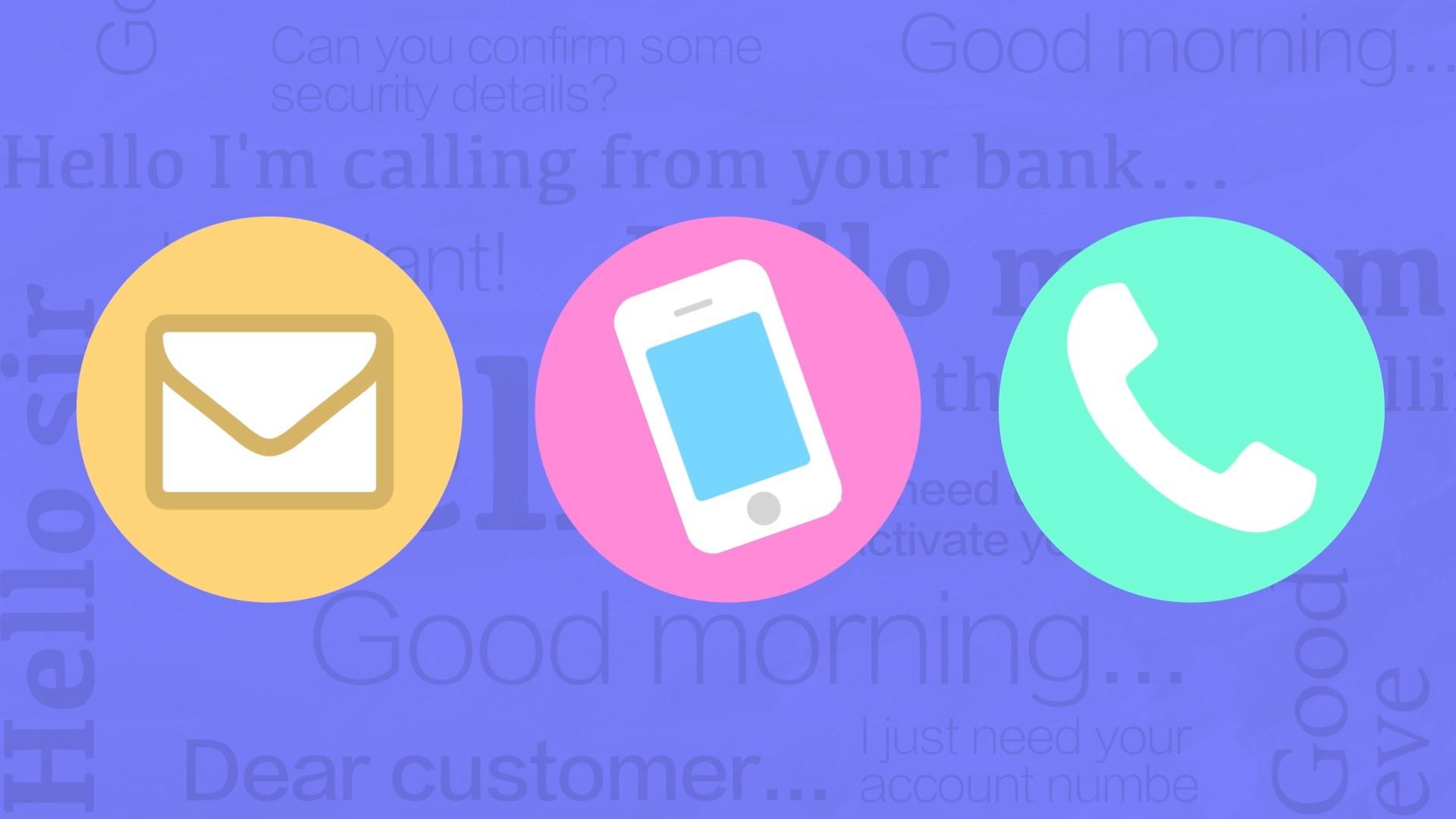Netflix, Apple and Spotify phishing scam: Men admit selling data
- Published

Gary Kelly and Craig Gorton stole information relating to at least 64,000 credit cards and 24,000 Apple IDs
Two men who posed as Apple, Netflix and Spotify in millions of emails to steal data have pleaded guilty to selling it for cryptocurrency worth £140,000.
Gary Kelly, 32, and Craig Gorton, 30, stole information relating to at least 64,000 credit cards and 24,000 Apple IDs via a number of phishing campaigns.
The pair admitted selling the data at Liverpool Crown Court on Monday.
Kelly, of Bolton, was jailed for 40 months, while Gorton, of Bury, got a two-year term, suspended for two years.
Gorton was also given a 20-day rehabilitation activity requirement and ordered to carry out 100 hours of unpaid work.
A spokesman for the North West Regional Organised Crime Unit (NWROCU) said the two men were caught after officers were alerted to the phishing, a process where a fraudster poses as a reputable company in an attempt to get bank details or passwords.
Technology explained: What is phishing?
He said detectives from the NWROCU's Dark Web Operations Team searched their home addresses in July and December 2019.
Several devices were seized and found to contain stolen customer databases.
He said Kelly, of Charles Street in Farnworth, Bolton, and Gorton, of Rochdale Old Road in Bury, were responsible for a number of campaigns which involved "sending millions of emails to people portraying to be from Apple, Netflix and Spotify".
"Once the victim provided their personal and financial details, the duo sold their information on a website," he added.
Speaking after sentencing, NWROCU's Det Insp Chris McClellan urged anyone who believed they had been a victim of phishing to report it and take "some simple steps to protect your personal and financial data", such as changing passwords and applying extra encryption.
He said more details of what people should do could be found on the National Cyber Security Centre's website, external.

Why not follow BBC North West on Facebook, external, Twitter, external and Instagram, external? You can also send story ideas to northwest.newsonline@bbc.co.uk, external
Related topics
- Published4 August 2016
